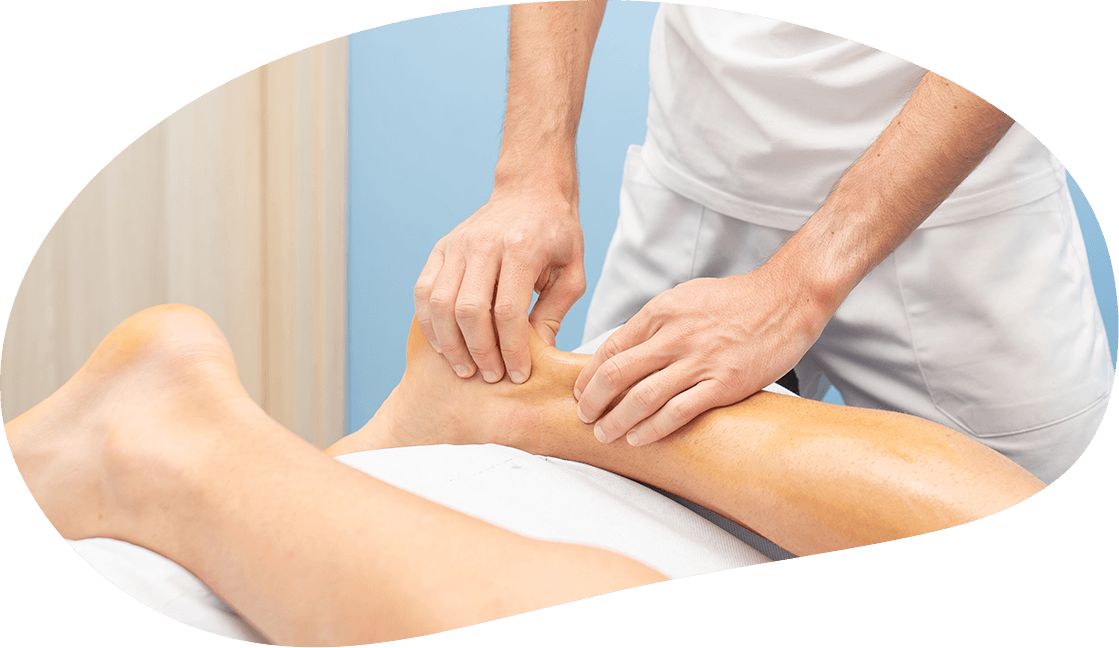Frozen Shoulder: Causes, Symptoms, and Treatment
Frozen shoulder, also known as adhesive capsulitis, is a condition that causes pain and stiffness in the shoulder joint. The condition typically develops slowly and progresses over time, often taking months or even years to fully resolve. In this blog post, we'll discuss the causes, symptoms, and treatment options for frozen shoulder.

Causes of Frozen Shoulder
The exact cause of frozen shoulder is not fully understood. However, it is generally believed to be the result of inflammation and thickening of the shoulder joint capsule, which is a flexible connective tissue that surrounds and protects the shoulder joint. This inflammation and thickening can lead to a decrease in the joint's range of motion, making it difficult to move the shoulder and causing pain.
Frozen shoulder is more common in individuals who are between the ages of 40 and 60, and it is also more common in women than in men. Other risk factors for developing frozen shoulder include:
- Diabetes
- Thyroid disorders
- Cardiovascular disease
- Parkinson's disease
- Stroke
Symptoms of Frozen Shoulder
The primary symptom of frozen shoulder is pain and stiffness in the shoulder joint. This pain is often described as a dull ache and can be felt both at rest and during movement. As the condition progresses, the stiffness in the joint can become severe, making it difficult or even impossible to move the shoulder.

Treatment for Frozen Shoulder
The treatment for frozen shoulder typically involves a combination of physical therapy, pain management, and in some cases, surgery. The goal of treatment is to improve the range of motion in the shoulder joint and reduce pain.
Physical therapy: Physical therapy is often the first line of treatment for frozen shoulder. A Physiotherapist can work with you to develop a range of motion and strengthening program that is tailored to your specific needs. These exercises can help to improve the flexibility of the shoulder joint and reduce pain.
Pain management: In some cases, pain management techniques may also be used to help reduce the pain associated with frozen shoulder. This can include the use of nonsteroidal anti-inflammatory drugs (NSAIDs) or corticosteroid injections.
Surgery: In severe cases of frozen shoulder, surgery may be necessary to release the joint capsule and improve range of motion. This surgery is typically done as an outpatient procedure and involves using a small incision to access the joint capsule and release any adhesions.

Conclusion:
Frozen shoulder is a common condition that can cause pain and stiffness in the shoulder joint. While the exact cause of the condition is not fully understood, it is believed to be the result of inflammation and thickening of the joint capsule. Treatment typically involves physical therapy, pain management, and in severe cases, surgery. If you are experiencing pain and stiffness in your shoulder joint, it is important to speak with your healthcare provider to determine the best course of treatment for your specific needs.
To find out more on this view our latest YouTube video! https://www.youtube.com/watch?v=0tvkaSS3CsM
Chelmsford Physio
Riverside Leisure Centre, Victoria Rd, Chelmsford CM1 1FG



